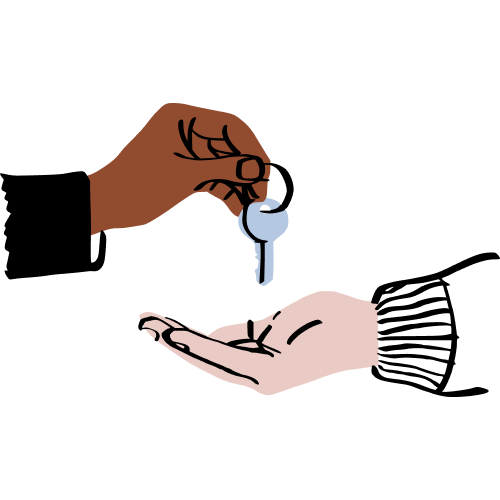A Michigan power of attorney (POA) is a legal document that grants someone the legal authority to act on behalf of the principal. This person (known as the "agent" or "attorney-in-fact") can handle your affairs when you're unable to do so yourself, even making critical medical decisions.
A Michigan power of attorney is a fundamental aspect of estate planning. This legal authority provides peace of mind, saving your loved ones from potential legal complications and ensuring your wishes around finances, property and healthcare are always respected.

Common types of a Michigan power of attorney
Michigan recognizes several types of power of attorney, each serving different purposes. The most common ones include:
A general power of attorney grants broad powers to the agent, allowing them to handle various legal matters and financial affairs on your behalf. It can be effective immediately or upon a specified event, such as your incapacity.

A durable power of attorney is similar to a general POA but remains valid despite the lapse of time or if you become incapacitated.

A limited power of attorney provides the agent with limited powers for a set time or purpose. For instance, you may grant a limited power of attorney to someone to handle the sale of a property on your behalf while you're out of the country.

A medical power of attorney authorizes an agent to make healthcare decisions and medical decisions on your behalf if you're unable to do so. This type ensures that your medical treatment preferences are honored and someone you trust advocates for your well-being.

The power of attorney laws governing Michigan power of attorney are primarily outlined in the Michigan Power of Attorney Act (MCL 700.5501 et seq.). To avoid any legal discrepancies, consider familiarizing yourself with these provisions.

A Michigan POA can be terminated under various circumstances, including:
- Revocation: Principal can revoke anytime if mentally sound.
- Expiration: Ends on date or event outlined in the document.
- Purpose completion: Concludes when specific task is done.
- Death: Automatically ends upon the principals death.

Frequently asked questions
No, you must be of sound mind at the time of its creation.
Yes, you have the right to revoke or cancel your power of attorney as long as you're mentally competent.
Yes, you can appoint multiple agents and specify whether they must act jointly or independently. For example, when making financial decisions.
To ensure validity, consult with an experienced attorney who can guide you through the process and ensure compliance with Michigan laws.
It’s possible to create a power of attorney without an attorney's assistance. However, just as when creating a living will, it’s worthwhile seeking legal advice to ensure your document is legally sound.
Disclaimer: This information is intended for general informational purposes only. It is meant to help you understand the legal framework used for this form. This is not intended to be legal advice and should not be a substitute for professional legal advice. Consult a licensed attorney for legal advice or representation.
Looking for other Michigan documents?
Formswift is not a law firm and does not provide legal advice or representation. Formswift's documents are not a substitute for the advice of an attorney. Communications between you and Formswift are governed by the Formswift Privacy Policy but are not protected by the attorney-client privilege or as work product. Formswift does not provide advice, opinions, or recommendations about individual's legal rights, options, strategies, or the selection of forms. Your use of the Formswift website and forms is governed by the Formswift Terms of Service.
